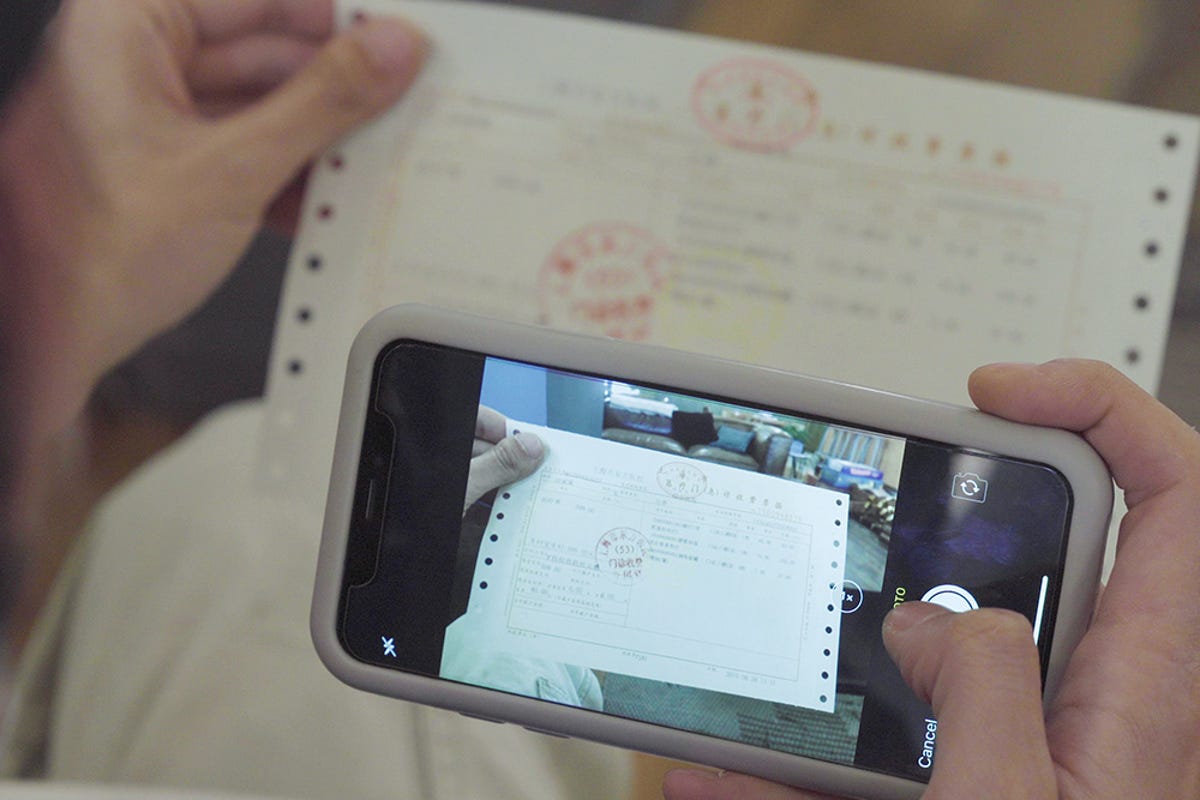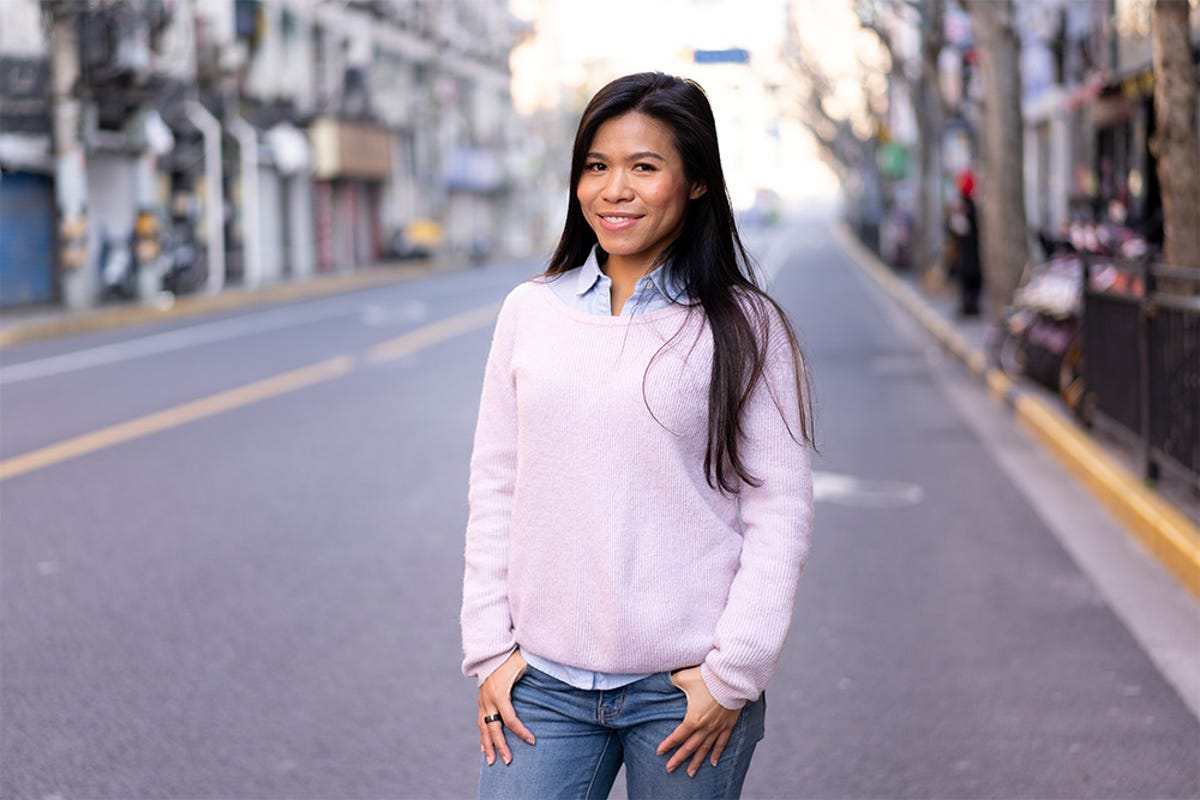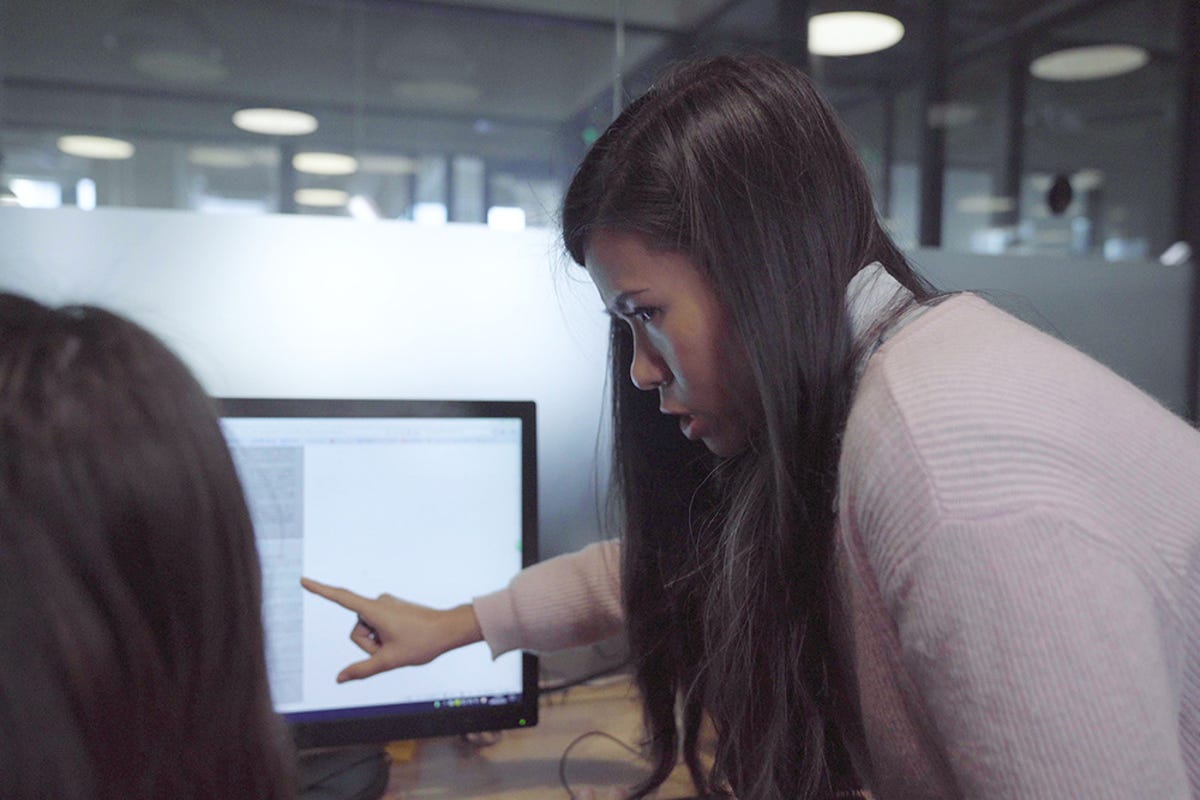Fellow Portrait
Weini Qiu
Haalthy
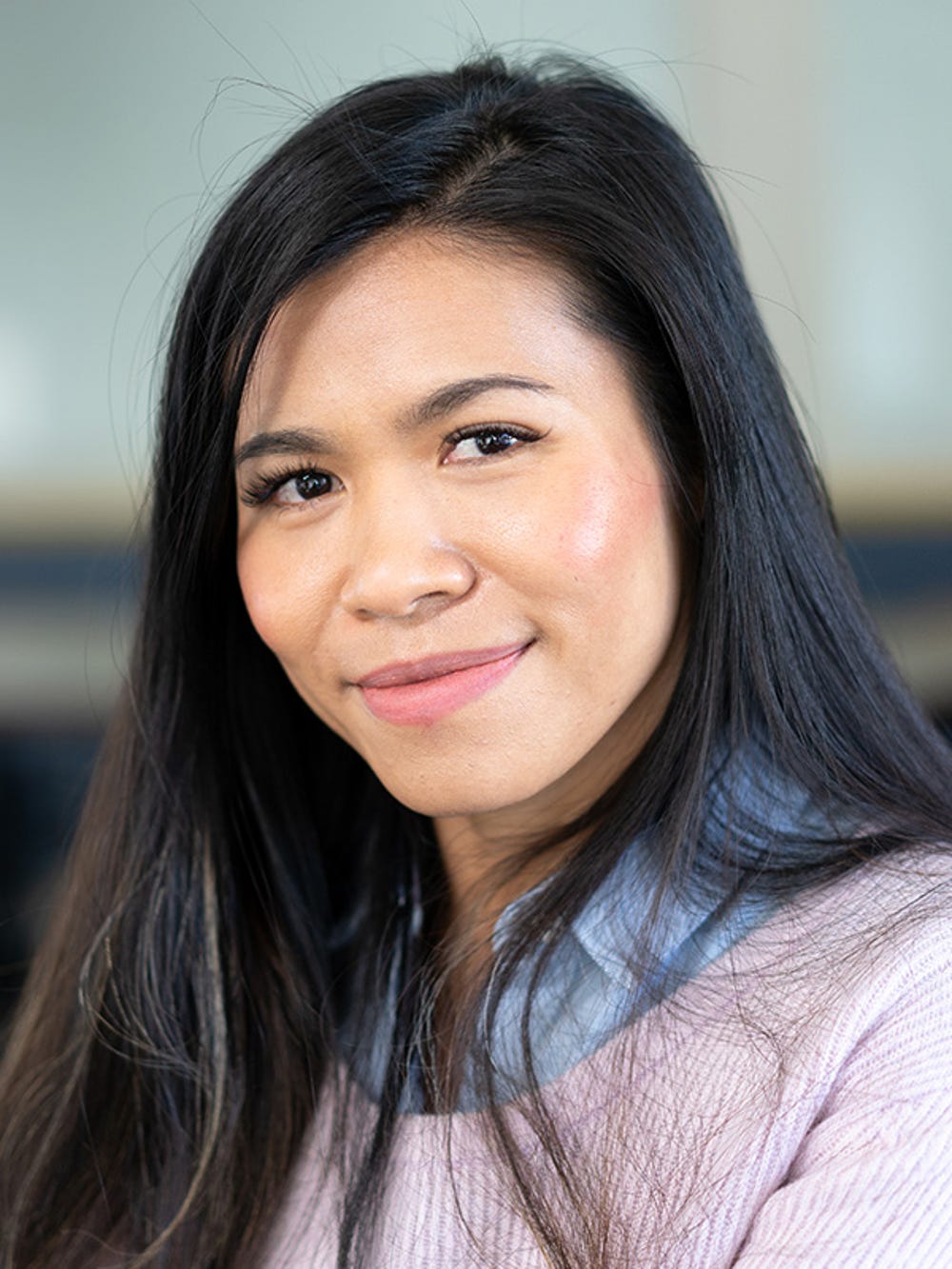
Haalthy uses patient-submitted data to make cancer curable and treatment affordable.
East Asia
China
Fellow
2020
Updated March 2020
Making Sense of an Overwhelming Diagnosis
The first response to the shock of a cancer diagnosis is often to dive into research. Patients may look for data about survival rates, treatment options, and clinical trials. Family members may seek out online forums or in-person support groups. But searching for and sorting through this information can be overwhelming. This worldwide problem is particularly severe in China, which has four million new cancer diagnoses each year and where a shortage of trained doctors leaves little time for physicians to help patients understand their disease.
My dad was diagnosed with lung cancer when I was with MIT. Until then, I was a pretty happy girl. Then I realized I needed to do something for him.
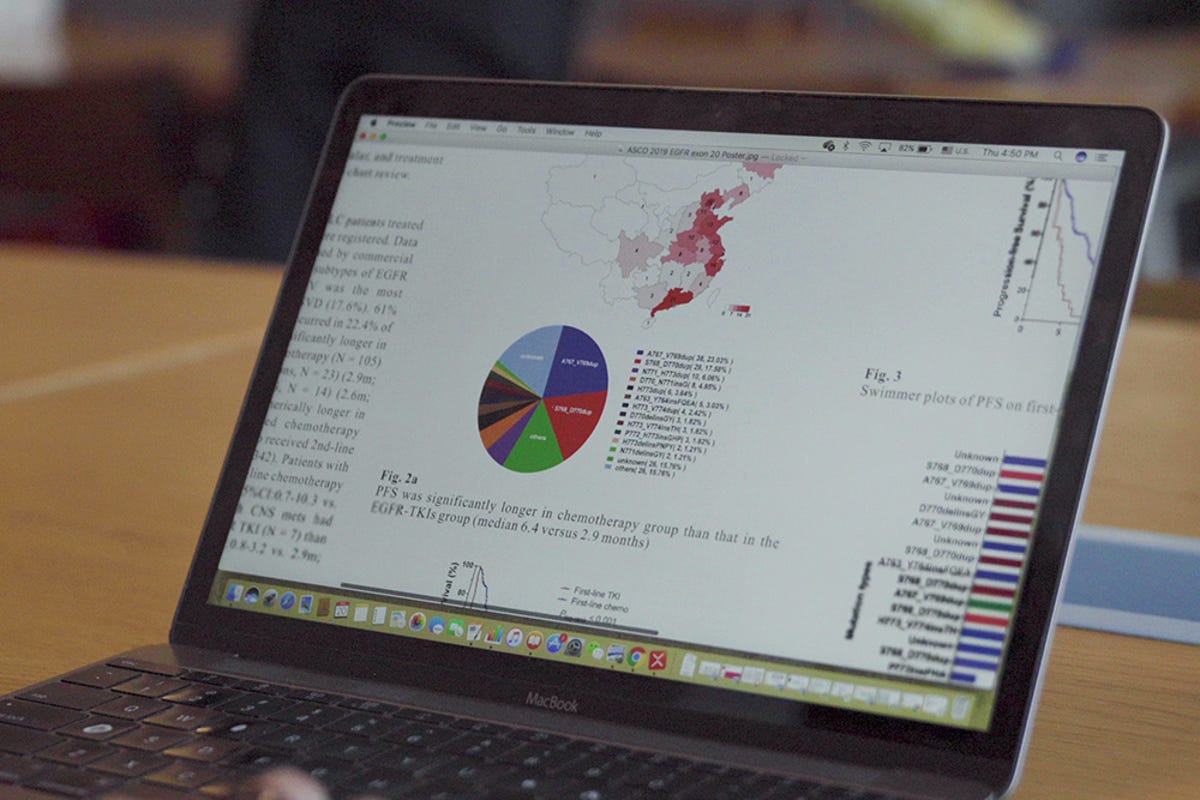
A Self-Described “Happy Girl” Immerses Herself in Cancer Data
Personal experience became the springboard for an ambitious and far-reaching venture in China addressing this problem. Until her father’s lung cancer diagnosis in 2012, Weini Qiu (Winnie) says, “I was a pretty happy girl. I wanted to focus on international development. Then I realized I needed to do something for him.” As she struggled to understand her father’s diagnosis and treatment options, she wrote in a blog post at the time, “I hated that the doctor was too busy to help and that it was completely out of my control since our whole family was so overwhelmed and did not know what to do.”
Taking advantage of her background—she was pursuing a master’s degree in civil and environmental engineering from MIT—Winnie immersed herself in the science of lung cancer. It became apparent that finding optimal care for her father would require digging deeply into patient data about lung cancer treatment outcomes, clinical trials, and current research. She wondered why the same drug affects two people with the same kind of lung cancer so differently and why survival rates are so variable. “We are talking about precision medicine, personalized treatment, but with the data we have, we are not reaching that level,” she says. “All patients now follow the same guidelines. We are not getting enough knowledge about how to treat these patients because we are lacking data.”
She returned to China after her father died and started Haalthy in 2016 to address the data analysis gap for a variety of cancers, beginning with lung cancer. The company’s two-part solution serves both patients and pharmaceutical companies. AI-powered social media tools help cancer patients understand and manage their disease and discover optimal treatments, with the ultimate aim of lowering treatment cost. Patients provide data to gain access to Haalthy’s support network, which requires strict identification matching to ensure data privacy. The company shares data analysis results with patients so they can make better treatment decisions. For pharmaceutical companies, the data gathered from patients aids in treatment development and recruitment for clinical trials. “We optimize clinical trials using data,” Winnie says. “For the first time, pharmaceutical companies have access to a large pool of patients, which allows us to not only accelerate drug approval, but also understand what drugs are more effective for a particular group of patients.”
I have the energy, I have the power, and I also have the ability to help cancer patients. This is why I do what I do.
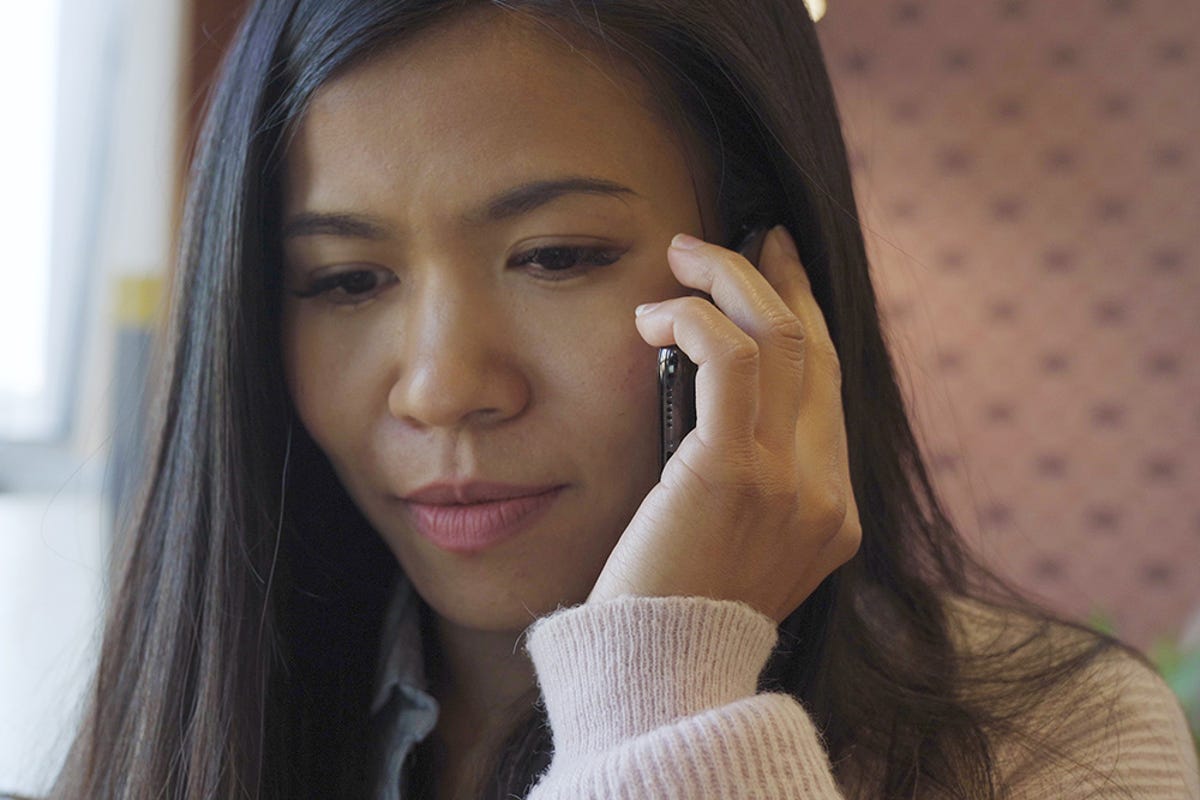
Improving Cancer Treatment and Outcomes Worldwide
Fifty thousand patients are currently signed up on Haalthy’s platform. “We would like our platform to reach at least 10 percent of patients newly diagnosed with lung cancer in China, which means about 70,000,” Winnie says.
Once Haalthy is serving more lung cancer patients, the company plans to expand to all cancer types and to collaborate with pharmaceutical companies worldwide. According to Winnie, “The third step is to expand further to healthy people as well, to help them be happier and healthier. Eventually we will build a network that uses data to help the development of new treatments regardless of where patients are located. Every country will have patients that need new treatments.”
When that happens, cancer patients and family members everywhere will no longer be alone as they face the overwhelming task of learning about treatments and outcomes.
Cancer is the only enemy that we all have in common. We would like our platform to reach at least 10 percent of patients newly diagnosed with lung cancer in China.
